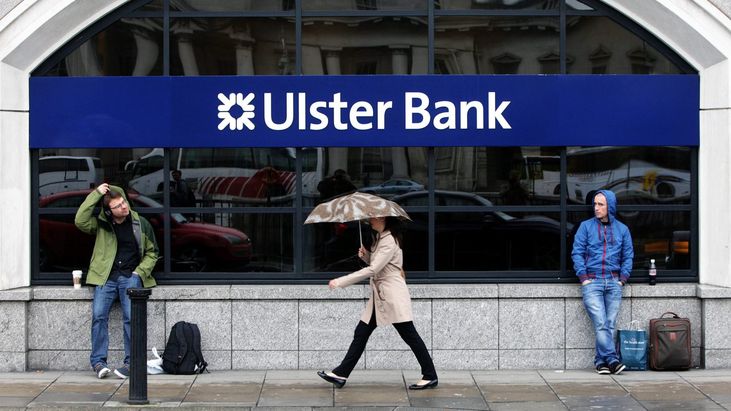Ulster Bank has announced it will write off the outstanding balances for most of its remaining credit card customers in the Republic of Ireland. This decision marks a significant step in the bank’s exit from the Irish market.
Under the new measure, customers who have been making regular monthly payments according to their credit card agreements will see their outstanding balances erased. Ulster Bank assured that this action would not negatively affect their credit ratings.
In a statement, the bank confirmed that “non-performing customers in a payment plan have also been informed their account has been refunded with no adverse impact to their credit rating in relation to the refund.” The bank has communicated with customers who have missed payments and not engaged with the bank regarding their credit card balances. These individuals have been given a 60-day period to either repay their balance or discuss alternative repayment options.
If these customers do not respond within the given timeframe, their balances will be written off. However, Ulster Bank warned that if the credit limit is €500 or more, this could adversely affect their credit ratings and future borrowing capabilities.
The exact cost of the decision to the bank has not been disclosed, and there is no cap on the amount being written off. Thousands of customers are expected to benefit from this move, which was first reported by the Irish Times.
Ulster Bank had previously informed its remaining 75,000 credit card holders in September 2022 that their cards would no longer be usable after March 2023 as part of the bank’s wind-down process in Ireland. Customers were advised that recurring transactions would be canceled and any remaining balances should be repaid according to the terms of their credit card agreements.
At that time, Ulster Bank committed to supporting customers who might struggle with repayment by offering case-by-case assistance. Customers who did not clear their balances by the March 2023 deadline were instructed to continue making monthly payments to avoid arrears.
The bank’s latest move is part of its broader strategy to exit the Irish market while ensuring minimal disruption for its customers.
